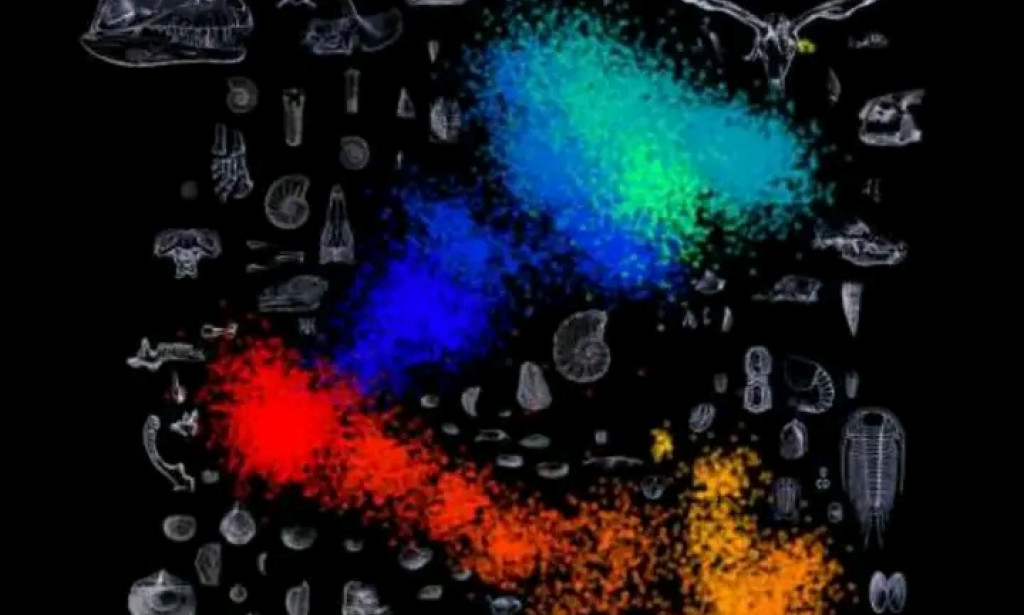1. Strengths of AI
Speed and Efficiency: AI can process large amounts of data and perform calculations far faster than humans.
Accuracy: AI reduces human error in repetitive or precision-based tasks.
24/7 Functionality: Unlike humans, AI doesn't require breaks, sleep, or downtime.
Pattern Recognition: AI excels in identifying patterns, anomalies, or trends in data that humans might overlook.
Scalability: AI can operate across many domains simultaneously, such as managing vast customer support networks
2. Strengths of Humans
Creativity: Humans excel in original, abstract, and innovative thinking. AI lacks genuine creativity and typically works within predefined frameworks.
Emotional Intelligence: Humans possess empathy, understanding, and the ability to form meaningful relationships.
Adaptability: Humans can think critically and adapt to unfamiliar or ambiguous situations, often without prior experience.
Ethics and Morality: Humans possess a nuanced sense of right and wrong, guided by cultural, social, and moral contexts.
3. Weaknesses of AI
Lack of Context: AI may misinterpret tasks without clear instructions or sufficient data.
Dependence on Data: AI requires high-quality, well-labeled data for training and operation.
Ethical Concerns: AI can perpetuate biases, misuse data, or cause harm if mismanaged.
Limited Common Sense: AI struggles with everyday reasoning outside its programmed domain.
4. Weaknesses of Humans
Cognitive Limits: Humans can process only a finite amount of information and may tire or make mistakes.
Biases: Humans are susceptible to emotional, cultural, or psychological biases.
Consistency: Humans are less reliable for repetitive tasks over extended periods.
5. Collaboration Between AI and Humans
Instead of competition, AI and humans often complement one another:
AI enhances human efficiency, such as automating mundane tasks so humans can focus on strategic work.
Humans provide judgment and context where AI lacks the necessary understanding.
Collaboration fosters innovation, as humans design better AI systems while using them to solve complex problems.
6. Ethical Implications
AI's growing capabilities raise questions about job displacement, decision-making authority, and accountability.
The future may depend on how society integrates AI to augment human potential without undermining human values.
Ultimately, AI is a tool, not a replacement. Humans remain
essential for guiding, managing, and advancing AI responsibly.


You must be logged in to post a comment.